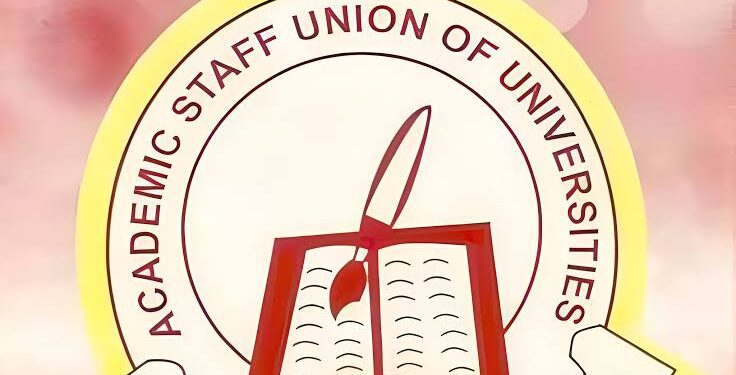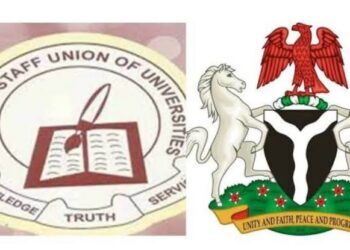The Academic Staff Union of Universities (ASUU) in the Sokoto Zone has voiced serious concerns regarding the Tax Reform Bill currently under consideration by the National Assembly. The union warns that this legislation represents a calculated move to undermine the Tertiary Education Trust Fund (TETfund), a critical source of financial support for higher education in the country.
During a press conference held at the Nigeria Union of Journalists (NUJ) Sokoto Secretariat on Wednesday, Comrade Abubakar Sabo, the Coordinator for ASUU Sokoto Zone, expressed profound dissatisfaction with the proposed measures, asserting that the overarching goal is to weaken the nation’s educational framework.
Elaborating on their stance, Sabo pointed out that “Section 59(3) of the draft tax bill clearly indicates that only 50% of the Development Levy will be allocated to TETfund in 2025 and 2026. The remaining funds will be divided among NITDA, NASEMI, and NELFUND. Although TETfund is slated to receive 66.7% of assessments from 2027 to 2029, it is set to receive nothing in 2030 and beyond.”
Professor Musa further emphasized, “The implications of this tax bill are starkly evident, as it seeks to abolish the Education Tax, which is essentially the Development Levy used to support TETfund initiatives. The funds would instead be redirected to the newly established Nigerian Education Loan Fund (NELFUND).”
He underscored that the proposed tax reform poses a considerable threat to TETfund, as it aims to divert its funding towards NELFUND starting in 2030. If the bill is allowed to proceed unchecked, it will effectively cease TETfund’s financial support and reroute those resources to NELFUND.
Highlighting the critical role TETfund plays in the advancement of tertiary institutions in Nigeria, Professor Sabo asserted that TETFund has been instrumental in fostering infrastructural development, postgraduate education, research, and capacity building within public tertiary institutions over the past 15 years.
“Consequently, reallocating any portion of the education tax to another agency not recognized in the TETFund Act of 2011 is unlawful and should not be tolerated,” advised Professor Sabo, calling on lawmakers and the public to take action.
He concluded by stating that the proposed technical withdrawal of revenue allocation to TETfund from 2030, under the pretext of encouraging the agency to seek alternative revenue sources, is not only misleading but also indicative of a deliberate strategy to dismantle TETfund in the long term.
“TETFund currently supports 244 public tertiary institutions across Nigeria, including 96 universities, 72 polytechnics, and 76 colleges of education,” he added.











